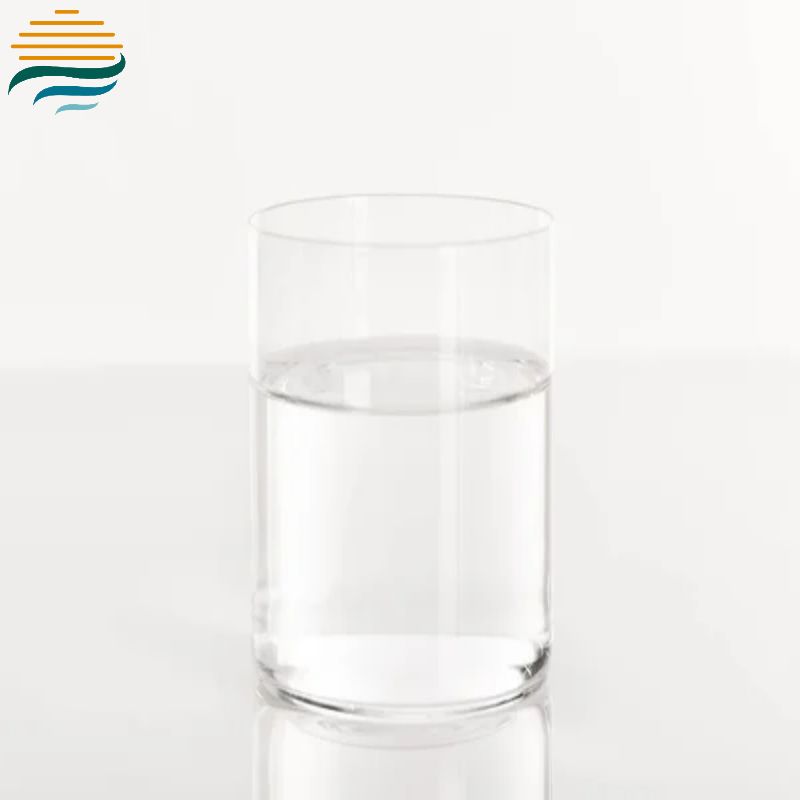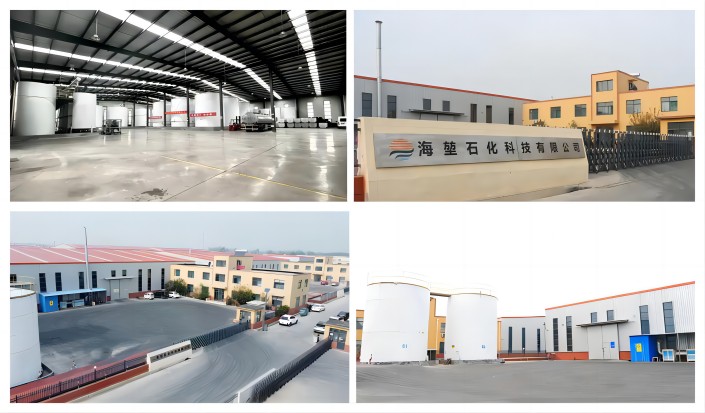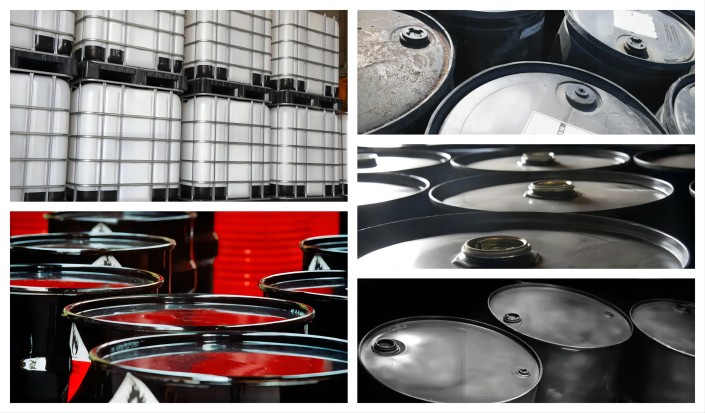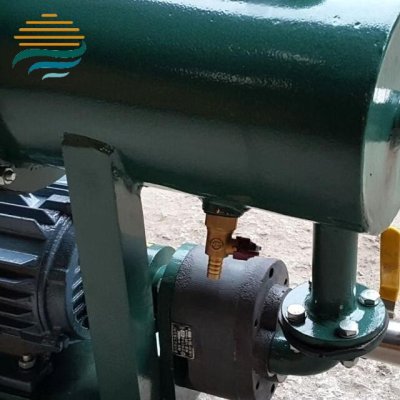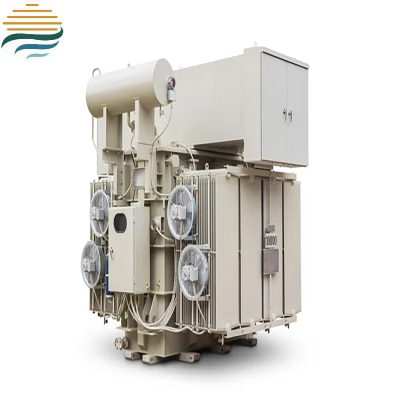Capacitor Dielectric Fluid
Benzyl toluene insulating oil, an insulation fluid centered around benzyl toluene, is mainly applied to insulate and cool electrical equipment. Given its outstanding electrical insulation features and thermal stability, it finds extensive application in high - voltage transformers and cables. The chemical properties of benzyl toluene guarantee its stability in high - temperature and humid conditions, thus prolonging the service life of power equipment.
Product Details:Capacitor Dielectric Fluid
The employment of benzyl toluene insulating oil in capacitors shows its outstanding insulation properties. Compared to traditional capacitor oils, it not only offers enhanced electrical insulation but also has remarkable thermal management capabilities. Owing to its chemical stability, this insulating oil can work extremely well in high - temperature and humid environments. Consequently, it effectively extends the life of capacitors and upgrades the overall performance of the equipment.
Parameter:
Reference Standard:GB 21221-2007 | ||
Item | Unit | ndex Value |
Appearance | ------- | Colorless transparent liquid |
Density(20℃) | g/cm³ | 0.980-1.020 |
Acid Number | mg KOH/g | ≤0.015 |
Flash Point | ℃ | ≥135 |
Pour Point | ℃ | ≤-60 |
Kinetic viscosity(40℃) | mm²/s | ≤4.0 |
Breakdown Voltage (Spherical electrode/50Hz,2.5mm) | KV | ≥70 |
Dielectric Dissipation Factor (90℃-50Hz) | ------ | ≤0.001 |
Electric volume resistivity(90℃) | Ω.m | ≥1.0*10¹² |
Relative Permittivity (90℃-50Hz) | ---- | 2.45-2.55 |
Water Content | mg/kg | ≤50 |
Gassing Property | m³/min | ≤-130 |
Chlorine Content | mg/kg | ≤30 |
Epoxy Content | Mg HCI/g | 1.6-2.0 |
1. Performance Characteristics
Capacitor oil usually features a dielectric strength above 30 kV/mm, effectively preventing current from leaking. Its low dielectric constant and loss factor make it suitable for high - frequency operations. It has strong antioxidant and hydrolysis - resistance properties, and during long - term usage, it can preserve its physical and chemical properties. Since it barely reacts with the moisture and oxygen in the air, the chance of oil degradation is reduced.
2. Analysis of the Synthesis Method of Benzyltoluene
Synthesis by using Lewis acid as the catalyst: In the synthesis method which uses Lewis acid as the catalyst, the catalysts mainly involve metal halides such as AlCl3, FeCl3, ZnCl2 and GaCl3. This method was developed by Hess in Germany during the 1960s. When AlCl3 was used as the catalyst, the synthesis experiment of benzyltoluene was carried out at 60 - 70 ℃. Monobenzyltoluene, separated by distillation from the reaction product, reacted with benzyl chloride to produce dibenzyltoluene, and the yield was 84% of the theoretical value.
Own Factory
Employees at Working
Canned Oil Products
Transportation
Enterprise Culture
We promote the concept of "openness and sharing", and stimulate the sharing of knowledge and experience among employees, different departments and partners. This open - hearted approach makes information flow fast, speeds up the handling of problems, and promotes the overall progress of the enterprise.
Customer Testimonials
"I'm from the Netherlands, and I'm impressed with Haikun Petrochemical's insulating oil. They care about customer requirements and offer a great product. The parameters are as described, and the lab report is authentic. The salesperson's support during the purchase was wonderful. " - Netherlands, Tom van der Meer


